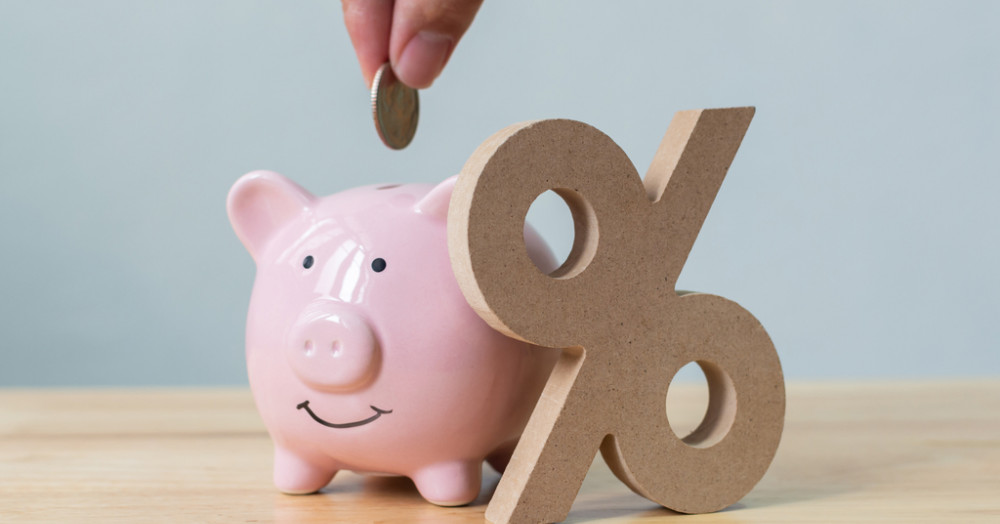
What percentage deposit should you put down?
The basic rule to understand is that the more deposit you have the better mortgage deal you’re going to get.
Sounds good? The logic behind this is simply the more money you put in as the initial deposit, the lesser the risk is for the lender. Paying for more of your property beforehand means the loan is smaller and you’ll have a lower monthly repayment.
Also, you’re more likely to be accepted for a decent mortgage deal, as you can show that you can save, and are responsible with money.
Saving always pays off
The ladder to building a deposit is exceptionally simple. “A penny saved is a penny earned.” said Benjamin Franklin and these are words to live by. Start saving now as the more you save, the easier it gets.
Every lender out there will judge your ingoing’s and outgoing’s before they lend you a loan. With good savings and a good initial deposit, you will appear to be a stronger and more reliable personality, which makes you trustworthy in their eyes. This will get you the best interest rates available.
What percentage of deposit do you need to save?
As per the market trend, the bare minimum you need to put in for a mortgage deal is 5%. On that deposit, the mortgage lender will lend you the remaining 95% of the property’s value. The average person always puts down between 5-10% for their deposit.
What do you need to apply for a mortgage?
You will need:
Proof of your address, such as a utility bill or bank statement
Proof of ID, such as a passport or driving license
Proof of income, which is normally your last three paychecks.
Tips to save for house deposit
Well, it all starts from saving and cutting down non-essential things from your expenditure and then removing the temptation to spend your savings.
Once you know the amount of deposit you’ll need, make a plan to reach this goal. Get help from friends or family if you can, open a savings account, trim your budget, and utilise leftover money.
Also if possible, you could reduce your rent. As we know, rent is probably the biggest monthly expense on most people’s lists. By moving to somewhere more affordable, you can save up your deposit quicker.